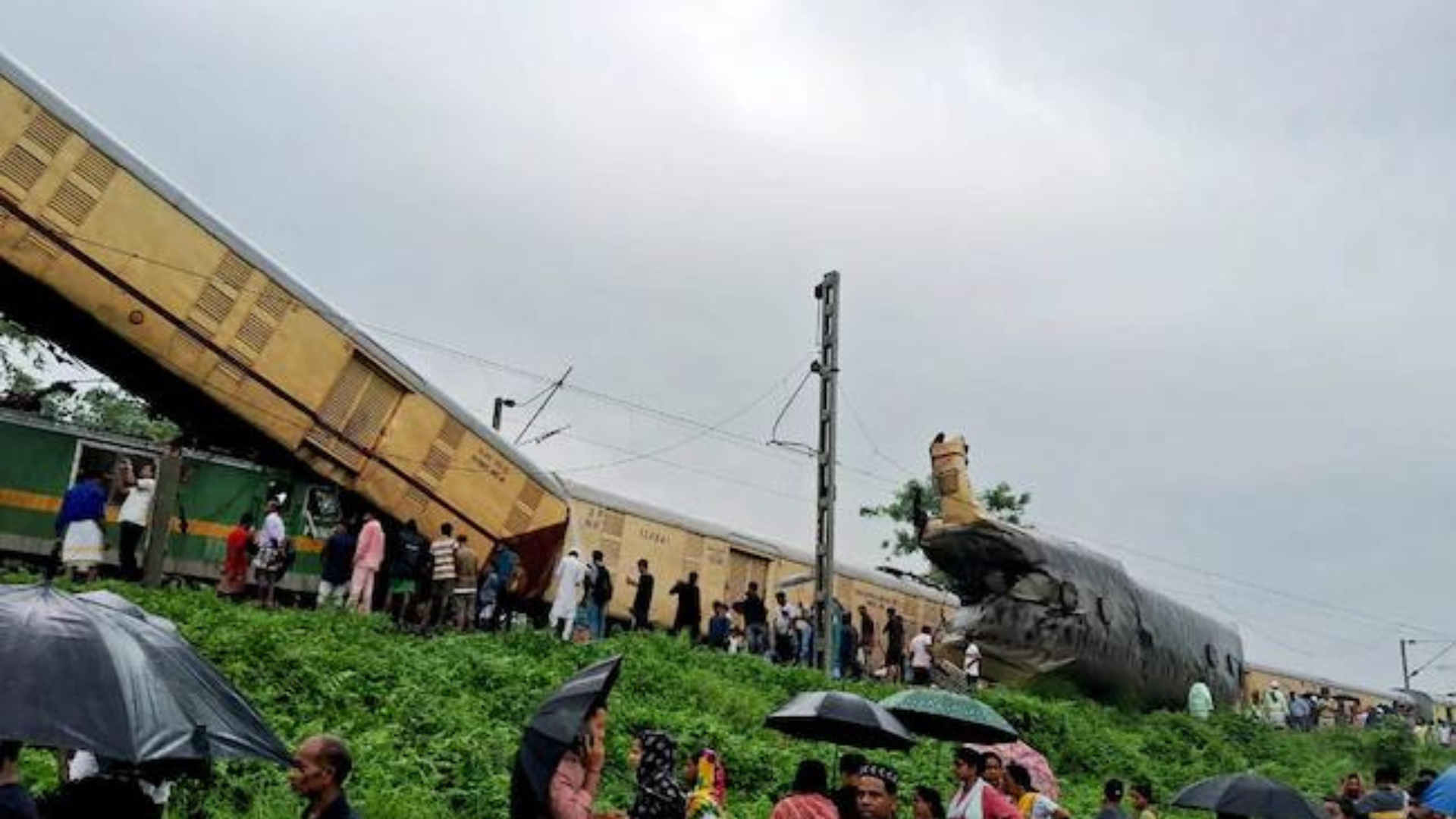The tragic Kanchanjangha Express incident has once again brought the spotlight on the Indian Railways’ automatic train protection system, ‘Kavach’. Designed to prevent accidents caused by Signal Passed at Danger (SPAD), Kavach is capable of alerting the loco pilot, controlling the brakes, and automatically stopping the train if another train is detected on the same track within a specified distance. Notably, this incident took place a little over an year after the Odisha train tragedy, which also saw the absence of Kavach.
What happened in Odisha?
In that incident, a horrific three-train collision involving the Bengaluru-Howrah Superfast Express, the Shalimar-Chennai Central Coromandel Express, and a goods train in Odisha’s Balasore district resulted in at least 275 fatalities and over 1,000 injuries. Initially, the Railways reported 288 deaths, but the Odisha government later revised the toll to 275 after discovering some bodies had been counted twice.
Kavach: A Potential Lifesaver
Kavach is designed to help loco pilots avoid SPAD and over-speeding, particularly under adverse weather conditions like dense fog. The system can apply brakes automatically if the loco pilot fails to act in time, repeat line-side signals in the cab for better visibility at high speeds and in fog, and auto-whistle at level crossing gates. It also features direct loco-to-loco communication to prevent collisions and an SOS feature to control nearby trains in emergencies.
Implementation Delays and Coverage Issues
Despite its potential to significantly enhance train safety and efficiency, the deployment of Kavach has been slow. Indian Railways has issued tenders for 10,000 km of Kavach coverage, but so far, only 6,000 km have been tendered, and the system has been deployed on just 1,465 route km and 139 locomotives, primarily on the South Central Railway.
Kavach Missing on Key Routes
Railway Board Member Jaya Varma Sinha confirmed that Kavach was not available on the Guwahati route, where the Kanchanjangha Express incident occurred. This gap in coverage has led to increased scrutiny and calls for accelerated implementation of the Kavach system across the Indian rail network.
Future Steps for Safety Enhancement
The recent tragedies underscore the urgent need for comprehensive safety measures in the Indian Railways. Ensuring widespread deployment of Kavach could be a crucial step towards preventing future accidents and enhancing the overall safety and reliability of train operations in India.









